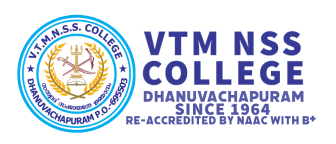NAIR SERVICE SOCIETY
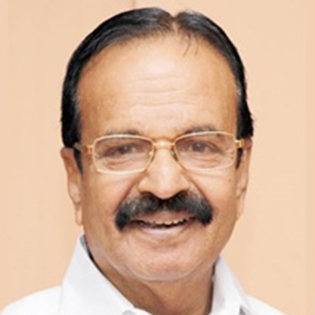
Dr. M Sasikumar
President
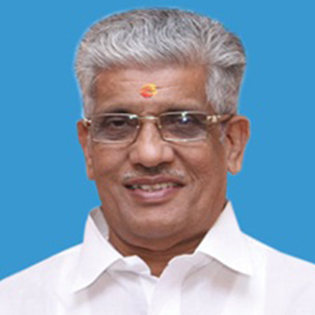
Sri. G Sukumaran Nair
General Secretary
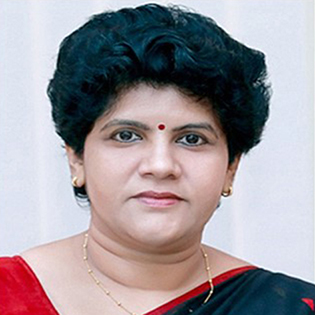
Prof. (Dr.) Sujatha S
Central Committee Secretary (NSS Colleges)
NSS – An overview
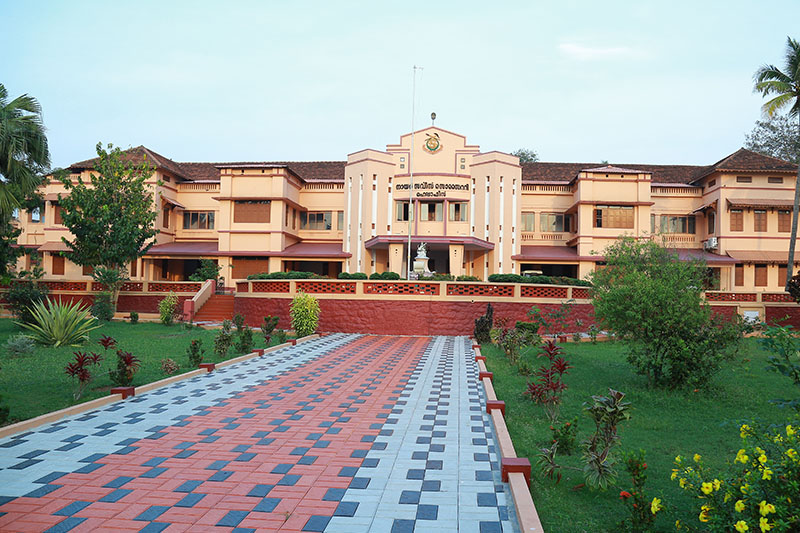
The Nair Service Society, a synonym for selfless service and social commitment was founded by the late Sri. Mannathu Padmanabhan on 31 – 10 – 1914. It came into being at a crucial stage in the history of the Nair community which was facing a crisis brought about by disunity and blind adherence to outmoded customs, beliefs and practices. They had a glorious past but ignorance, accumulated over centuries, reinforced by inadequate education, proved disastrous for the community. Their predilection for celebrations and penchant for ceremonial occasions fuelled by a strong affinity towards profligacy and extravaganza, contributed to their decline and downfall. Gradual loss of land holdings, underemployment and unemployment due to lack of modern education completed the process of disintegration.
It was at this juncture that Sri. Mannathu Padmanabhan took the initiative to unite the members of the Nair community and build up a great organization. The rest is history. He inspired them and gave them a dream, a dream of liberation from poverty, misery and ignorance. In his own unique way, with his persistence, tireless efforts, vision and farsightedness, the N.S.S opened an array of educational institutions, hospitals and other socially beneficial institutions all over the state.
With an amazing network of units at the village (Karayoga) and taluk levels (taluk unions), the N.S.S has evolved into a well-knit and coherent organization that has never swerved from the noble ideals and high principles of the founder. The N.S.S runs more than a hundred of schools.15 arts and science colleges, 3 Training colleges, 1 Engineering college, 1 Homeo Medical College, several Nursing Colleges, Polytechnic college, TTC Schools, Working Women Hostels and Technical institutions.
Though initially started to reorganize, strengthen and empower the Nair community, the NSS has extended the benefits of its service beyond communal and religious boundaries and has been playing significant roles in the social, economic, educational and political transformations of the state.
